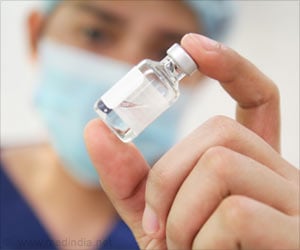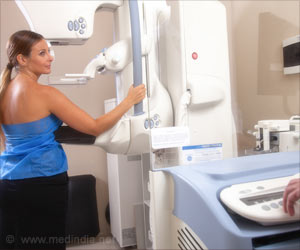Testing saliva for the presence of antibodies could be the new and simpler way to identify bacterial infections.

- Sampling blood serum to check for infections may not be feasible especially when children are involved as it is invasive.
- New study shows that the sampling saliva for antibodies is equally effective as antibody levels in saliva may be linked to those in the blood.
- This would be a cost-effective and non-invasive strategy to identify bacterial infections.
Saliva sampling is cost-feective, non-invasive and requires no specialist training or equipment.
Testing
For the study, 72 healthy individuals were recruited and their samples of both blood and saliva were taken.
The samples were then analyzed for concentrations of IgG, IgM and IgA antibodies against 12 pneumococcal (Pn) antigens.
The researchers found that, higher antibody concentrations in serum were associated with higher concentrations in saliva, and the strongest relationships were observed for IgA antibodies.
Previous research from the University of Birmingham had suggested that an elevated risk of mortality has been associated with lower levels of antibodies in saliva.
Especially in developing countries, measuring antibodies in saliva may have promise in future epidemiological studies relating to vaccination against bacterial infections.
The study was conducted by researchers from the University of Birmingham and published in the journal Biomarkers.
Reference
- Jennifer Heaney et al. The utility of saliva for the assessment of anti-pneumococcal antibodies: investigation of saliva as a marker of antibody status in serum. Biomarkers; (2016) doi.org/10.1080/1354750X.2016.1265009
Source-Medindia












